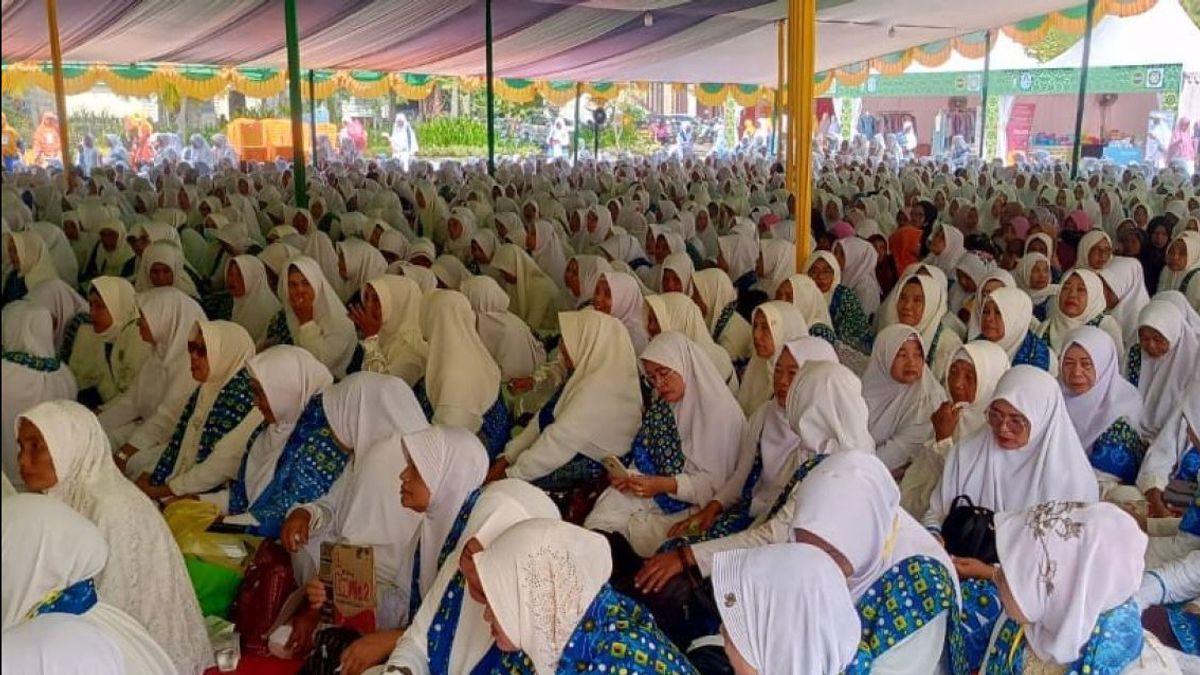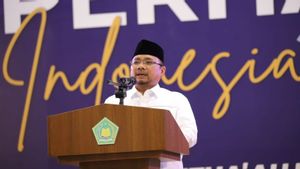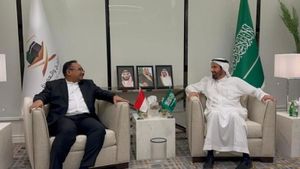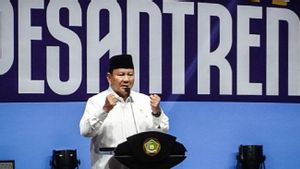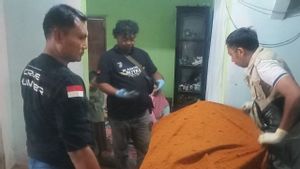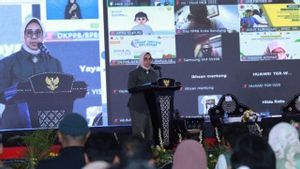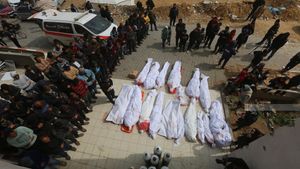JAKARTA - The Ministry of Religion (Kemenag) encourages the Working Group (Pokja) of the Taklim Council and the Religious Extension Association of the Republic of Indonesia (IPARI) to synergize in fostering people. This is an effort to improve the quality of religious, national and state life. "The panel of taklims and religious extensions can synergize. Our task is to support, facilitate, and affirm capacity building," said Director General of Islamic Community Guidance Kemenag Kamaruddin Amin quoting Antara. Kamaruddin's statement was conveyed during the inauguration of the Central Board of Pokja Taklim Council at Pondok Gede Hajj Dormitory, Jakarta Kamaruddin said religious instructors and the taklim assembly were two very central entities in society. Several studies at Litbang Kemenag found that the dissemination of religious understanding or increased religious literacy in communities was sourced from the taklim assembly.
According to him, there are 97 thousand taklim assemblies spread throughout Indonesia. The Ministry of Religion hopes that the Pokja management who is officially inaugurated can coordinate, synergize, and demonstrate productive activities for the taklim assembly of national activities. "We must work together. The Ministry of Religion cannot be alone. No matter what kind of program from the Ministry of Religion, if religious counselors do not carry out their own efforts to increase their capacity will certainly not be maximized. Our goal is to improve the quality of delivery of religious messages in the community," he said. Meanwhile, the Director of Islamic Religious Information Ahmad Zayadi said the IPARI and the Working Committee of the Taklim Council in addition to carrying out joint movements to strengthen religious moderation, will also strengthen state defense.
SEE ALSO:
"We will together with the Ministry of Defense discuss how the format of defending the country will be. This will be in line with religious moderation activities and state defense activities," said Zayadi.. through strengthening human resources to be more optimal in the process of religious services in the community. "Religious challenges in our country are increasingly complex, so there must be mapping of priority problems, program innovations, and effective strategies for implementing religious services," said Ali.
The English, Chinese, Japanese, Arabic, and French versions are automatically generated by the AI. So there may still be inaccuracies in translating, please always see Indonesian as our main language. (system supported by DigitalSiber.id)
